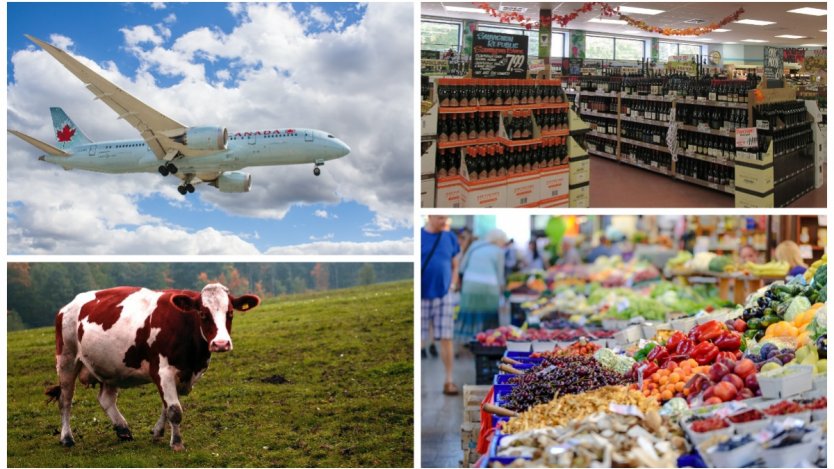This week, Air Canada added its name to the growing list of participants in the Food Rescue Canadian Alliance Task Force, and with the help of Second Harvest, have already redistributed over 2,300 kg of fresh food items from the airline’s in-flight kitchens.
In other positive news, the Alcohol and Gaming Commission of Ontario announced this week that it will temporarily allow businesses with a liquor licence to offer alcohol with food takeout and delivery orders.
Finally, despite reports that major retailers are experiencing a dramatic increase in sales since the breakout of COVID-19, the Alberta government has stated that the province's food supply chain will remain strong, citing panic buying and individual hoarding as the sole causes for any temporary shortage the province has faced.
Here are five stories you might have missed in food news this week.
Air Canada and Second Harvest redistribute in-flight food items
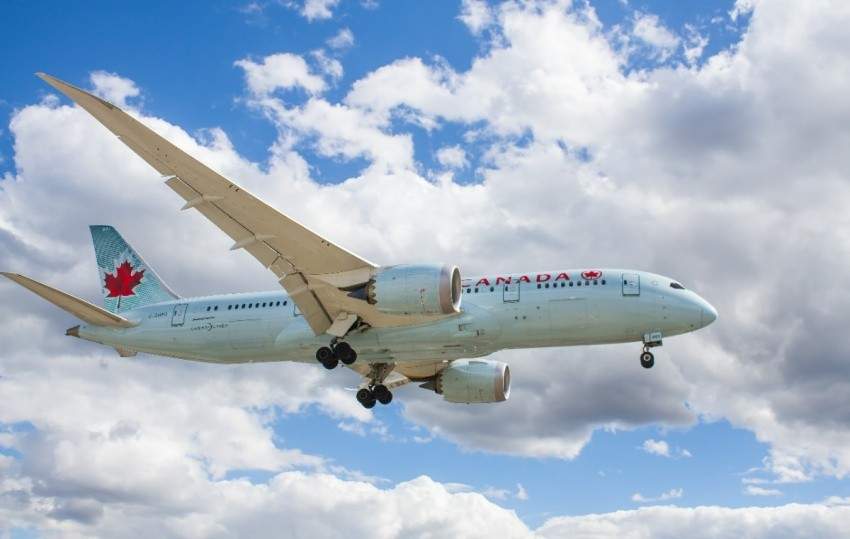
This week, Air Canada and Air Canada Foundation teamed up with Canada’s largest food rescue charity, Second Harvest, to begin redistributing fresh food items from the airline’s in-flight kitchens through FoodRescue.ca. So far, the partnership has already redistributed over 2,300 kg of fresh vegetables, salads, sandwiches, muffins, and milk.
Check out Newswire for the full story.
Alcohol delivery temporarily permitted in Ontario

The Alcohol and Gaming Commission of Ontario announced on Thursday that restaurants and bars in Ontario will temporarily be allowed to offer alcohol with food takeout and delivery orders between the hours of 9 a.m. and 11 p.m. The amendment will also permit grocery stores and liquor manufacturer retail stores to begin selling alcohol as early as 7 a.m. in order to support early shopping programs for vulnerable people.
Find out more at CBC News.
Canadian Meat Council seeks “critical infrastructure” designation
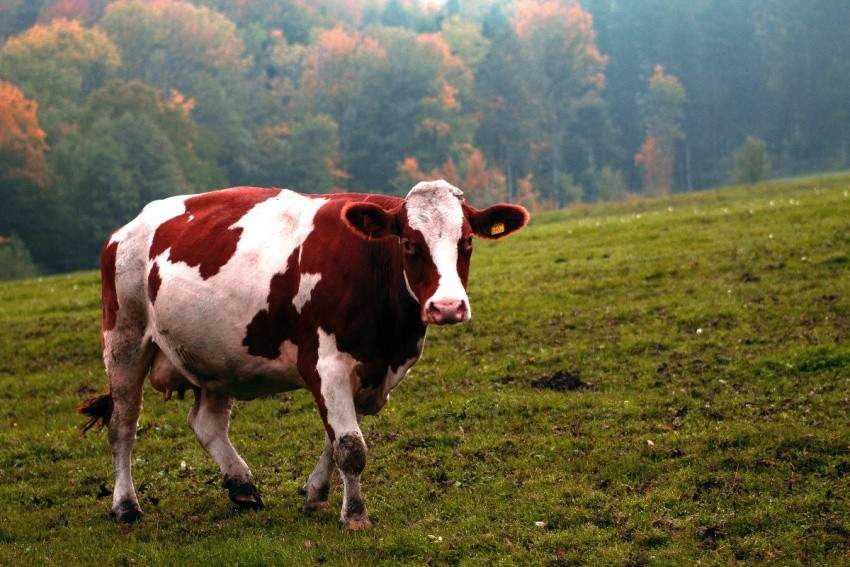
According to the president of the Canadian Meat Council, the combination of inspector shortages and increased demand is creating challenges for the country’s meat processing plants. Although the council is ultimately seeking to be designated as “critical infrastructure”, for now, the federal government says it plans to begin recruiting retired meat inspectors to help with the shortages.
Get the full breakdown from The Globe and Mail.
Alberta government assures food supply chain will remain strong
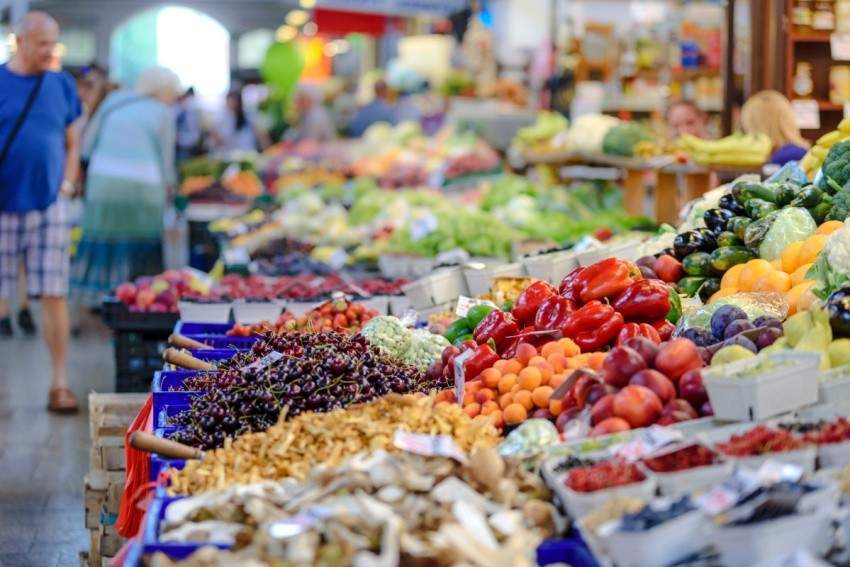
Despite major food retailers reporting as high as a 50 per cent increase in total sales over the past weeks, the Alberta government has asserted that Albertans will continue to have access to safe, affordable food throughout the pandemic. Minister of Agriculture and Forestry, Devin Dreeshen added that Albertans simply need to stop panic buying in order to allow stores to keep up with the demand.
Head to Global News for more.
Canadian food processors increase pay for hourly staff
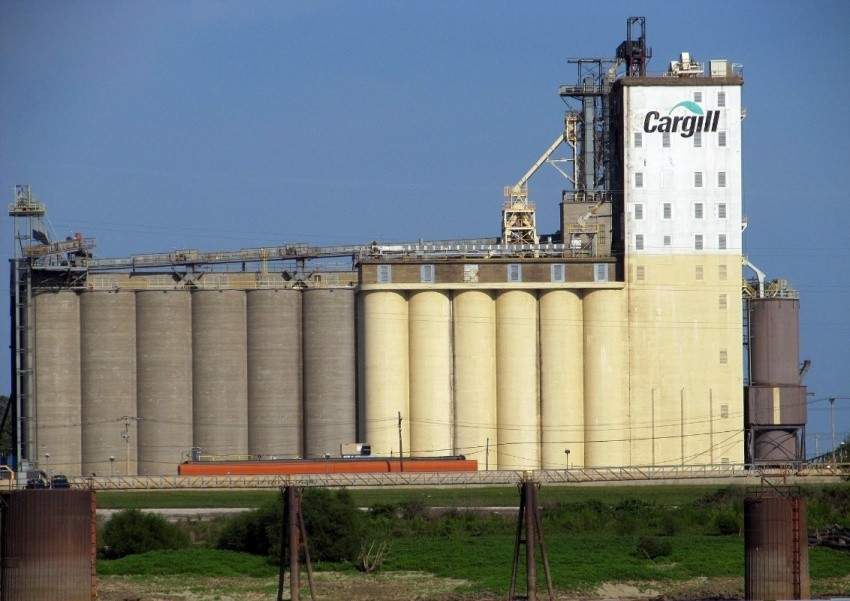
This week, food processors Maple Leaf Foods, Cargill, and Mondelez Canada joined companies like Loblaw, Sobeys, and Calgary Co-op in providing pay increases to their hourly staff. Maple Leaf also announced it will be donating $2 million to support emergency food relief efforts and $2.5 million for a new fund to provide personal support to front-line health providers.
Find out more at Global News.

